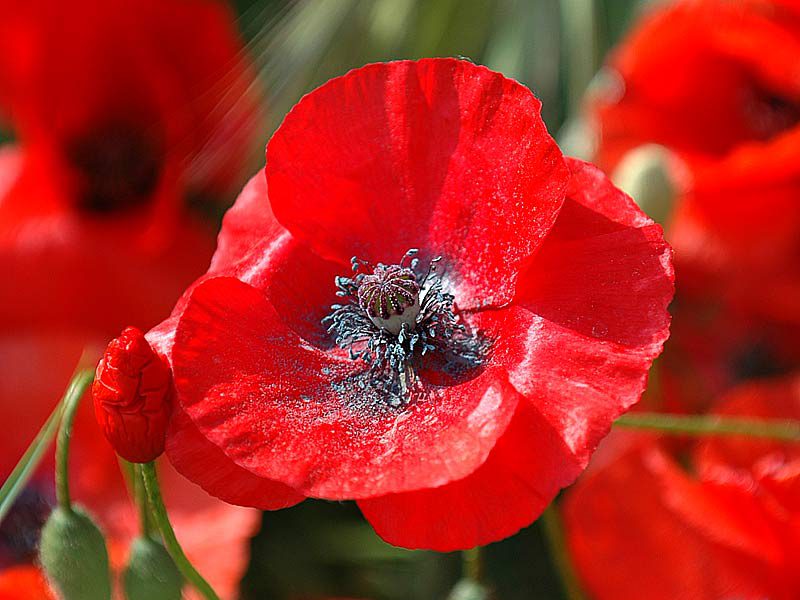As we approach the centenary of Britain entering World War 1 on August 4 1914, two remembrance visits to the Ypres Salient are planned. Both – one for Rye and one for Dymchurch – will allow participants to consider the opening battles of autumn 1914.
The day trips will involve a brief view of key battles of the Ypres Salient, which took place in October 1914, from the north on the River Yser at Dixmude south to the Menin Road.
After the initial German attacks across Belgium into France and battles on the rivers Marne and Aisne (the frontier battles) in September 1914 the Allies, including the British Expeditionary Force (BEF) successfully blocked the advance. Having been prevented from advancing to Paris, the Germans looked towards the Channel ports. They determined to seize Ypres and the gateway to the Channel; the Allies were equally intent on blocking them.
Both sides then manoeuvred and skirmished across Flanders, between Arras and the North Sea coast at Nieuwport, in what was later known as “the Race to the Sea”. The battles in Flanders were bitter and resulted in much of the expeditionary force being destroyed. As winter came on in November 1914 there was a stalemate and the defensive trench line was established between the Channel and Switzerland, setting the pattern for the rest of the war.
Many of the BEF are commemorated on the Menin Gate memorial in Ypres, where the culmination of the visits will involve the laying of wreaths during the daily ceremony at 8pm. The memorial was designed by Sir Reginald Blomfield, who had a house in Rye.
I have been leading tours to Flanders and Picardie annually since 2005, with each focusing on the movements of local men who fell. This year’s tours will follow the same pattern. The Rye tour is on September 2, Dymchurch on September 4.
While the Dymchurch visit will focus on that town’s war dead, the Rye visit will mark the loss of Guardsman Frederick Heasman of the 2nd Battalion, Grenadier Guards, who was killed as his unit took part in action to block the German advance near Langemark. He was the son of Frederick and Mary Heasman of 9 Eagle Road, Rye. He was born in Rye and enlisted in Dover.
Because of the mobile nature of the early battles, many of the BEF – dubbed the Old Contemptibles after a remark made by the Kaiser – have no grave. Heasman is commemorated with many of his fellow “Old Contemptibles” on the Menin Gate memorial.
Military career:
Colonel Anthony Kimber served 35 years as a regular officer, ending as Defence and Military Attaché in Budapest. He served in the Far East, Middle East, Cyprus, Germany, Hungary and the UK in the Royal Corps of Signals, the Queen’s Lancashire Regiment and on the General Staff. He saw operational service in the Balkans and in Northern Ireland, where he was mentioned in dispatches. His wide interests include military and social history. He is president of the Rye & District Royal British Legion.
Photo: Anthony Kimber,
Image Credits: Rye News library .



